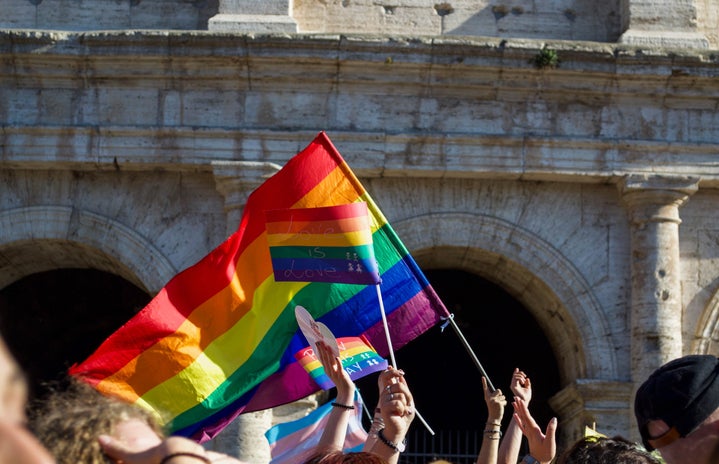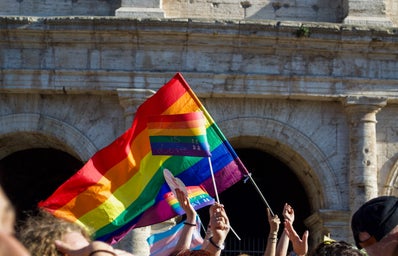No part of my experience in accepting my own role as a gay person comes with as much pressure and feelings of obligation as “coming out.” But is it still as important as it once was? Is the concept outdated or overly constrictive?
On one hand, coming out has been a symbol of liberation and acceptance for the LGBTQ community for generations. The heartwarming videos of people coming out to their parents and movie scenes like the iconic coming out scene in “Love, Simon” create a narrative that this confession is a catharsis necessary to move on with your life as a queer person.
For one, there’s the fact that nobody is ever done coming out – many people choose to mark when they came out by the day they came out to their family, but there’s a continuous flow of people you’ll have to come out to throughout your life. Between coworkers, friends of friends, even doctors, feeling out the situation and deciding whether or not to tell them you’re gay is something that will happen pretty regularly. With that in mind, how do you determine whether you’re “out” or not? If the woman at the grocery store knows you’re gay but your mother doesn’t, are you out?
This level of complexity means that being closeted or not is up to you – you determine whether or not you’re out. A possible deciding factor could be if you actively try to hide being gay. Still, if you’re not trying to hide it but it never comes up, where does that leave you?
Further, the fact that coming out is an expected part of being gay implies that straightness is the default expectation.
All of these factors contribute to the concept of “coming out” as a vague, amorphous tradition that’s not applicable to all queer people.
So what’s the other option? For me, I found that being open about my queerness but not putting a specific label on it beyond “queer” has made me feel exponentially more comfortable in my lived experience as a member of the LGBTQ community.
We’ve all heard the television speeches, where a character expresses same-sex interest, and instead of choosing a label, they make a speech about not putting people in boxes, loving people for who they are, and so on. Few things in a scripted show make me roll my eyes more, or make me more sure that the script was written by a straight person. In media, it often comes across as a frustrating cop-out by writers who want to capitalize on having gay characters without getting into the sticky details too much.
When not written for television, however, abstaining from labeling sexuality – publicly or privately – is a very real and valid stance to take. Many celebrities have been seen in the public eye in same-sex relationships, but choose not to publicly “come out.”
This isn’t a unique experience. In a 2019 article on Them., an LGBTQ-focused news outlet, nine people in the LGBTQ community discuss the term “queer” and what it means to them. Many, like me, noted that the ambiguity of the term brings a sense of comfort. The breadth of the parameters for queerness allows for fluidity and interpretation of your lived experience without you having to reconsider the label you’ve chosen for yourself.
Ultimately the decision of whether or not to come out, and whether or not to choose a specific label, is a personal one. For many, there really is a catharsis and sense of freedom in telling the world exactly who you are, but what I’m choosing is to embrace the uncertainty of gender and sexuality.


